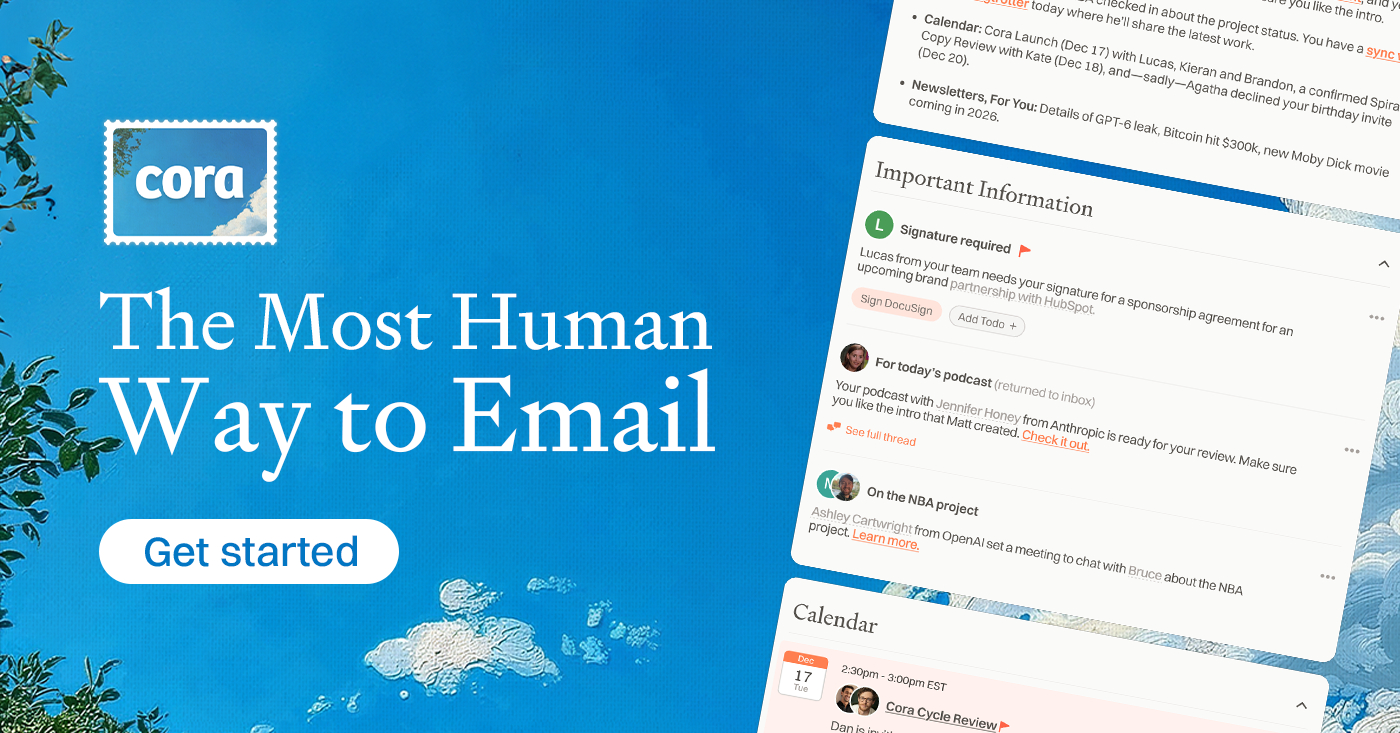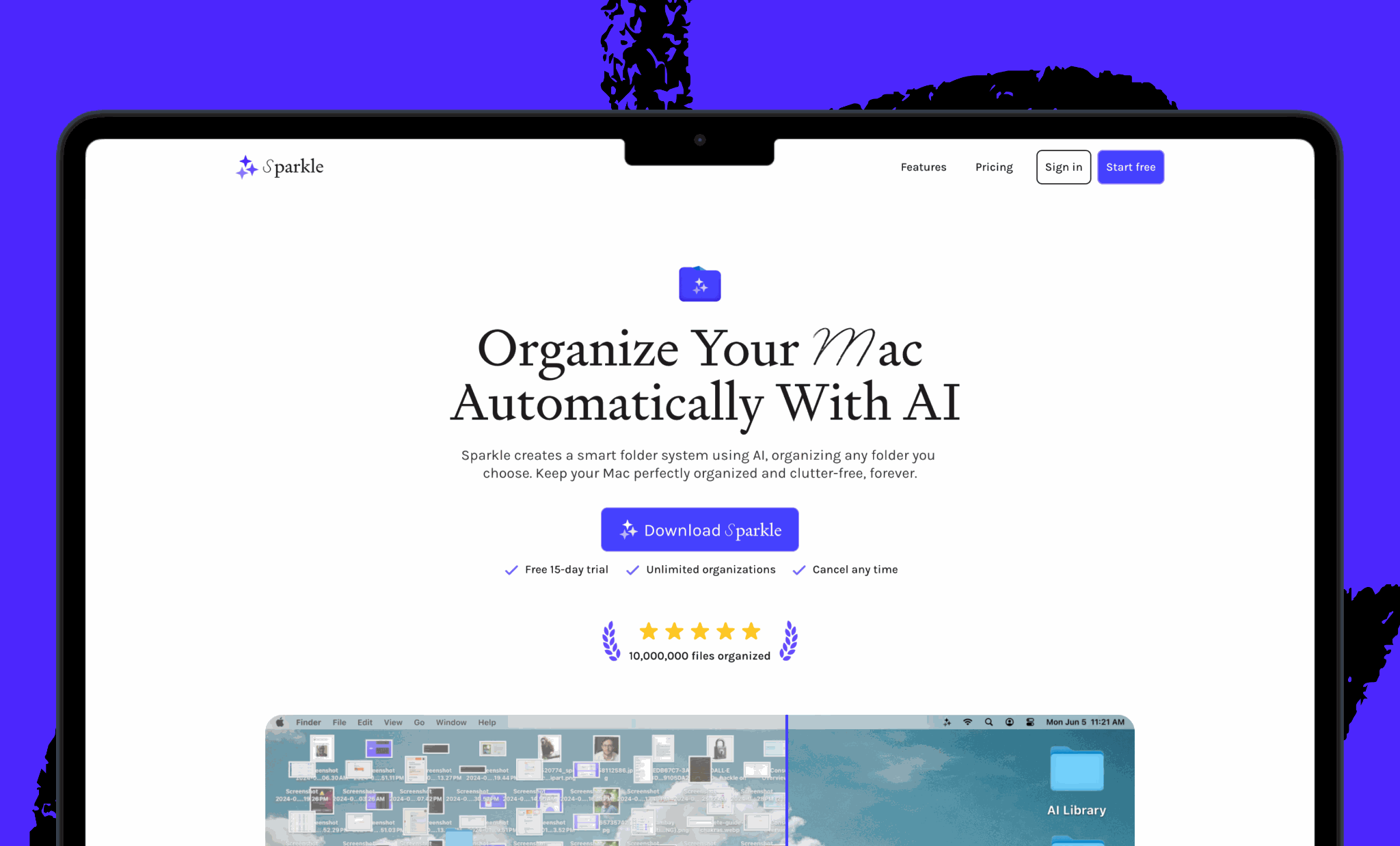Was this newsletter forwarded to you? Sign up to get it in your inbox.
This past week, a federal judge ruled in favor of Anthropic in a copyright case contested by five authors. At the center of the case was a creative, almost analog act: Anthropic purchased millions of physical books, ripped off their bindings, scanned each page, and used the resulting digital files to train its AI models. In a summary judgment, the court called this act “transformative” and ruled that it was protected under the principle of fair use.
While explaining his rationale, Judge William Alsup said, “They may need to pay for getting their hands on a text in the first instance. But to make anyone pay specifically for the use of a book each time they read it, each time they recall it from memory, each time they later draw upon it when writing new things in new ways would be unthinkable.” (The ruling didn’t greenlight everything Anthropic did. The court took issue with another set of books: pirated files, downloaded en masse and stored in Anthropic’s systems even though the company decided not to train on them, and that part of the case will go to trial.)
This case underscores that data is the nexus of AI’s value. But once the data is in hand, the real work begins—making it useful for LLMs as they take on increasingly complex tasks.
Teaching AI to hunt: New methods of reinforcement learning
One way to do that is reinforcement learning. In simplistic terms, reinforcement learning (RL) is like training a puppy: The model tries different actions, and you reward it for good ones and not for bad ones, Over time it figures out which actions get the most rewards, and does more of that.
Machine learning researcher Nathan Lambert has found that OpenAI’s reasoning model o3 is incredible for search. In particular, Lambert noted its relentlessness in finding an obscure piece of information, comparing it to a “trained hunting dog on the scent.” This is a big deal in RL, where models are known to give up quickly if a tool—in this case, the search engine that the model is accessing—isn’t immediately helpful. According to Lambert, o3’s persistence suggests that OpenAI has figured out how to get AI not to quit prematurely, turning it into a more effective learner.
Meanwhile, at Japanese research lab Sakana AI, a team is rethinking how to train AI through reinforcement learning entirely. Instead of traditional RL methods that reward models for their ability to solve problems, Sakana is training models to teach. The models are given problems—along with the correct solution—and evaluated on their ability to explain the solution in a clear, helpful way. If you can train small, efficient models to teach well, you can use them to educate larger, more capable models much faster and cheaper than before. And long-term, you might even get models that teach themselves.
Why setting the stage is everything
While RL shapes how models learn, another development is augmenting how we use them effectively: context engineering.
Context engineering is about the entire scaffolding around an AI system: what tools it has access to, how information is structured, what memory it keeps track of, and how it adapts over time. Unlike prompt engineering, which focuses on how best to phrase requests to LLMs, context engineering is much more holistic. It’s been gaining serious traction, with people like OpenAI founding team member Andrej Karpathy and Shopify CEO Tobi Lütke highlighting the concept. (I also wrote about context engineering in my piece about how we built AI Diplomacy, a new benchmark for LLMs where they are pitted against each other in the strategy game, Diplomacy.)
It’s impossible to overstate just how important it is to set up a model to succeed. Even the most powerful model might stumble without the right context—and the focus on context engineering proves that out.
Human expertise is the amplifying force
At the core of all this is a simple truth: Great AI needs great data. Reinforcement learning and context engineering can improve model performance, but only if they’re using high-quality data—that is, the examples the AI learns from or is given as context. And the best data—the kind that could lead to superhuman performance—is hard to come by. That’s because it takes human expertise to both create and curate it. In the coming decade, "rare data hunter" may well be a common job title, because finding unique data will be just as important as writing good code.
So even as AI improves, we’ll still need people in the loop: to build the data, guide the learning, and set things up in the right way. The path to powerful AI runs straight through human expertise.
Make email your superpower
Not all emails are created equal—so why does our inbox treat them all the same? Cora is the most human way to email, turning your inbox into a story so you can focus on what matters and getting stuff done instead of on managing your inbox. Cora drafts responses to emails you need to respond to and briefs the rest.
Release notes
Governments grab the wheel of technology—then check the rear view
- Microsoft’s Copilot buys UK civil servants 25 minutes a day: In a three-month pilot across 12 UK departments, 20,000 employees said Microsoft’s AI Companion Copilot saved them 25 minutes a day—close to two work-weeks a year—and 80 percent never want to give the time back. A majority of the departments chose to continue their licenses, and the rollout of Copilot has swelled to 31,000 seats.
- AI chatbots cut red tape in social services for governments across the globe: Chatbots ease tedious bureaucratic processes by routing people efficiently and minimizing the need for them to repeat their often-traumatic stories. AI also enhances staff productivity by automating administrative tasks like note-taking. Finally, AI-powered analytics help departments make better decisions by uncovering patterns in raw data and predicting future needs.
- UK regulators put Google in the hot seat: The UK’s Competition and Markets Authority (CMA) plans to label Google Search as having “strategic market status,” which could lead to new regulations for the search engine. Google is concerned the CMA’s proposals are too broad and lack supporting evidence, and urges fair, evidence-based regulation to avoid harming innovation and their users in the UK.
That ‘ChatGPT Rots Your Brain’ headline? Let’s take another look
- Interesting signal, but not cause for alarm. A 54-person study from MIT found that students writing an essay exhibited less brain-network activity when they used ChatGPT, as compared to using a search engine or no tool at all. Interesting, yes; panic-inducing, no. The study is a preprint that hasn’t been peer-reviewed, and the authors explicitly caution against sensational claims, like saying LLMs make us “dumber;” while emphasizing the need for deeper research.
Two fun launches for developers
- Gemini CLI turns your terminal into an AI swiss-army knife: Gemini CLI—or Gemini’s Command Line Interface, the text-only window where developers type commands straight into the computer—is a conversational AI dropped right inside the coding terminal. You talk to it like you would a teammate, and it turns those sentences into code; whether you’re making edits, troubleshooting steps, or debugging issues. Open-source, extensible, and (for now) free, it’s a cost-effective rival to pricey coding agents like Claude Code, which runs about $200 per month.
- Microsoft’s “Edit” gives Windows an open-source CLI editor: Another open-source CLI, Edit is a text editor you can open right from the command line in Windows. It lets you work with multiple files, search and replace text, and use your mouse to navigate—all in a simple, clean interface.
Thanks to Rhea Purohit for editorial support.
Alex Duffy is the head of AI training at Every Consulting and a staff writer. You can follow him on X at @alxai_ and on LinkedIn, and Every on X at @every and on LinkedIn.
We build AI tools for readers like you. Automate repeat writing with Spiral. Organize files automatically with Sparkle. Deliver yourself from email with Cora.
We also do AI training, adoption, and innovation for companies. Work with us to bring AI into your organization.
Get paid for sharing Every with your friends. Join our referral program.






